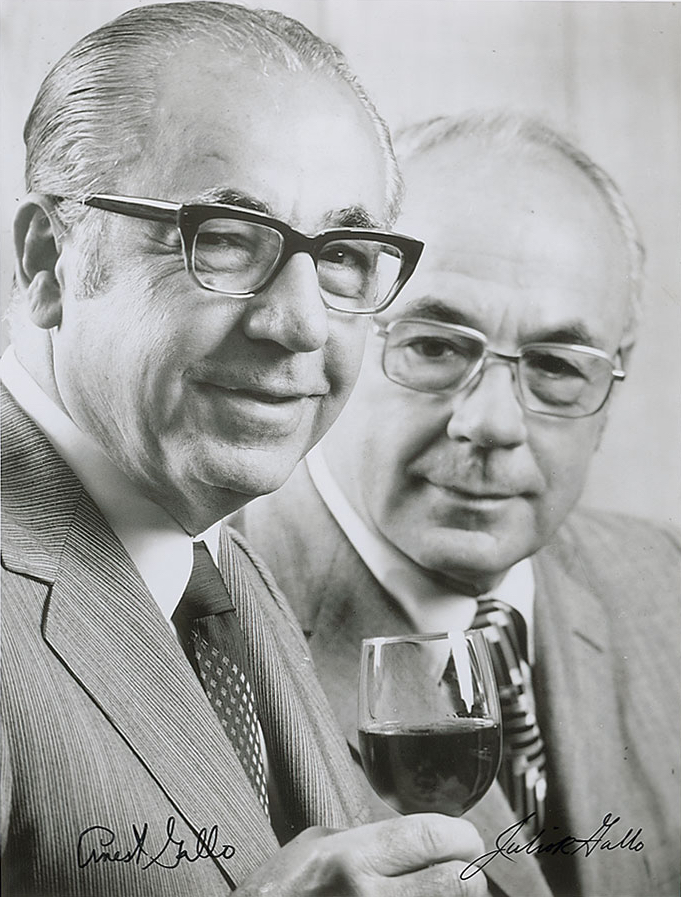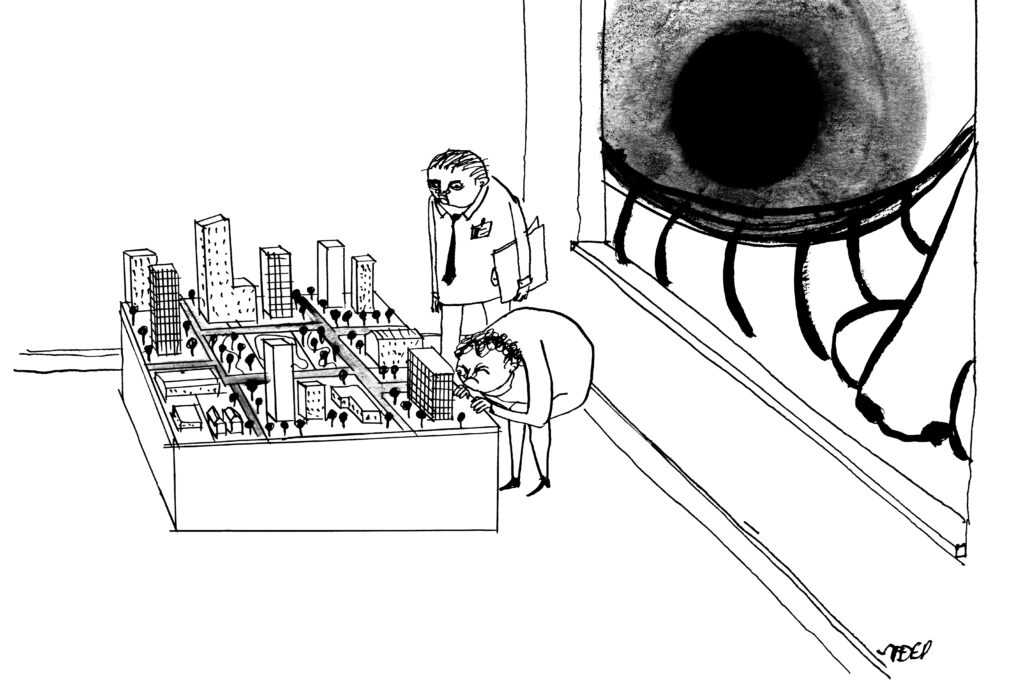Beginning seven hundred years ago, young people were apprenticed to a master until they could come into their own as skilled workers and contributors. Today, we use terms like ‘intern’ and ‘trainee’ to describe an apprentice system that prepares its graduates for positions of choice and accountability.
Midway through my college major in professional writing, it occurred to me that come graduation, I would be more likely to find a job writing ad copy than, say, The Great American Novel. Zeroing in on the advertising industry, I bumped up against an early wall we all encounter when considering the limits of our deliberate choices.
“What if I am asked to work up an ad campaign on a product or service I might have qualms about selling?”
My first thought was of future major league all-star Vance Law telling me when we played ball together as kids that his father, Pittsburgh Pirates ace Vernon Law, was once offered $15,000, a large sum in those days, to endorse a popular brand of cigarette.
“But I don’t smoke,” the Cy Young Awardee soberly replied.
“Right. But you wouldn’t have to smoke ’em. In fact we’ll pay you the full fifteen grand to say that you absolutely do not smoke; but if you did, you’d smoke our brand!”
My second thought was of the counsel I received when Kari and I sat down to discuss our upcoming wedding with her Uncle Duff, the minister who would perform our ceremony.
“So, Scott, I’ve known Kari since she danced in diapers at Waikiki, but tell me more about you, what you’ve been studying, what you plan to do with your writing degree.”
When the conversation got round to my concerns about a potentially uncomfortable profession, Elder Marion Duff Hanks told us a story that ended on the following note.
“At the deciding moment of Ibsen’s play, when Torvald confronts Nora about her independent decision, she give us the iconic line,
‘Before all else, I am a human being.’
Do you understand what I’m saying?”
He knew I hadn’t and tacked to a less sophisticated example.
“Suppose you get your first job and it’s not to write ad copy, only to proof it. (You don’t always begin at the top, you see.) And on your first day, you are handed a small paragraph to review. To your chagrin—I know you don’t drink and I know why—the paragraph is part of an ad for a wine company. But you’re not being paid to drink against your will nor for how your job makes you feel. You’ve been hired for results. (There are limits, of course. And you’ll know them when they confront you. Above all else, Nora was a human being.) When you learn your trade, you’ll eventually earn the right to choose your own assignments. When that day comes, you’ll know what to do.”

Soon after we were married, Kari and I moved to Los Angeles, where in my first job interview, the copywriter who came up with the iconic advertising slogan for Ernest and Julio Gallo, “We will sell no wine before its time,” advised me, like Kipling’s leopard, to “go into other spots as soon as I could.” And I eventually did, though not before acknowledging the cosmic prescience of Uncle Duff’s insight.
“When you learn your trade, you’ll eventually earn the right to choose your own assignments. When that day comes, you’ll know what to do.”
Above all else, how would you describe yourself right about now?
When it’s your time—and I’m thinking it probably is by now—what ‘wine’ have you chosen to sell these days and which ‘cigarettes’ are you determined never to smoke?
(And if you, like me, find yourself at times metaphorically challenged, let me put my question a different way.)
Now that it’s your time, how will you endeavor to become/remain who you are before all else?
This post is from a series of “Declarations on Being and Becoming” originally written as part of a LinkedIn Newsletter called Say the Change. You can access the entire series here.


